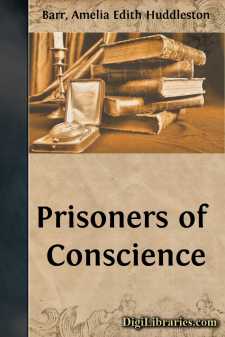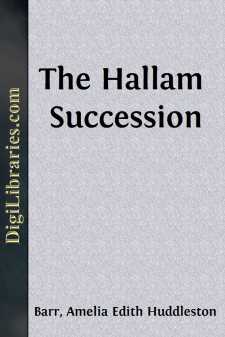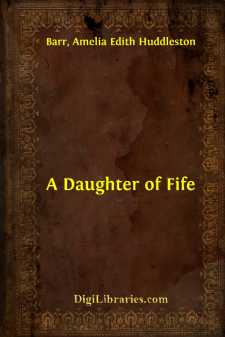Categories
- Antiques & Collectibles 13
- Architecture 36
- Art 48
- Bibles 22
- Biography & Autobiography 813
- Body, Mind & Spirit 142
- Business & Economics 28
- Children's Books 15
- Children's Fiction 12
- Computers 4
- Cooking 94
- Crafts & Hobbies 4
- Drama 346
- Education 46
- Family & Relationships 57
- Fiction 11828
- Games 19
- Gardening 17
- Health & Fitness 34
- History 1377
- House & Home 1
- Humor 147
- Juvenile Fiction 1873
- Juvenile Nonfiction 202
- Language Arts & Disciplines 88
- Law 16
- Literary Collections 686
- Literary Criticism 179
- Mathematics 13
- Medical 41
- Music 40
- Nature 179
- Non-Classifiable 1768
- Performing Arts 7
- Periodicals 1453
- Philosophy 64
- Photography 2
- Poetry 896
- Political Science 203
- Psychology 42
- Reference 154
- Religion 513
- Science 126
- Self-Help 84
- Social Science 81
- Sports & Recreation 34
- Study Aids 3
- Technology & Engineering 59
- Transportation 23
- Travel 463
- True Crime 29
Prisoners of Conscience
Description:
Excerpt
THE WEAVING OF DOOM
In the early part of this century there lived at Lerwick, in the Shetland Islands, a man called Liot Borson. He was no ignoble man; through sea-fishers and sea-fighters he counted his forefathers in an unbroken line back to the great Norwegian Bor, while his own life was full of perilous labor and he was off to sea every day that a boat could swim. Liot was the outcome of the most vivid and masterful form of paganism and the most vital and uncompromising form of Christianity. For nearly eight hundred years the Borsons had been christened, but who can deliver a man from his ancestors? Bor still spoke to his son through the stirring stories of the sagas, and Liot knew the lives of Thord and Odd, of Gisli and the banded men, and the tremendous drama of Nial and his sons, just as well as he knew the histories of the prophets and heroes of his Old Testament. It is true that he held the former with a kind of reservation, and that he gave to the latter a devout and passionate faith, but this faith was not always potential. There were hours in Liot’s life when he was still a pagan, when he approved the swift, personal vengeance which Odin enjoined and Christ forbade–hours in which he felt himself to be the son of the man who had carried his gods and his home to uninhabited Iceland rather than take cross-marking for the meek and lowly Jesus.
In his youth–before his great sorrow came to him–he had but little trouble from this subcharacter. Of all the men in Lerwick, he knew best the king stories and the tellings-up of the ancients; and when the boats with bare spars rocked idly on the summer seas waiting for the shoal, or the men and women were gathered together to pass the long winter nights, Liot was eagerly sought after. Then, as the women knit and the men sat with their hands clasped upon their heads, Liot stood in their midst and told of the wayfarings and doings of the Borsons, who had been in the Varangian Guard, and sometimes of the sad doom of his fore-elder Gisli, who had been cursed even before he was born.
He did not often speak of Gisli; for the man ruled him across the gulf of centuries, and he was always unhappy when he gave way to the temptation to do so; for he could not get rid of the sense of kinship with him, nor of the memory of that withering spaedom with which the first Gisli had been cursed by the wronged thrall who slew him–“This is but the beginning of the ill luck which I will bring on thy kith and kin after thee.”
Never had he felt the brooding gloom of this wretched heirship so vividly as on the night when he first met Karen Sabiston. Karen lived with her aunt Matilda Sabiston, the richest woman in Lerwick and the chief pillar of the kirk and its societies. On that night the best knitters in Lerwick were gathered at her house, knitting the fine, lace-like shawls which were to be sold at the next foy for some good cause which the minister should approve. They were weary of their own talk, and longing for Liot to come and tell them a story....












